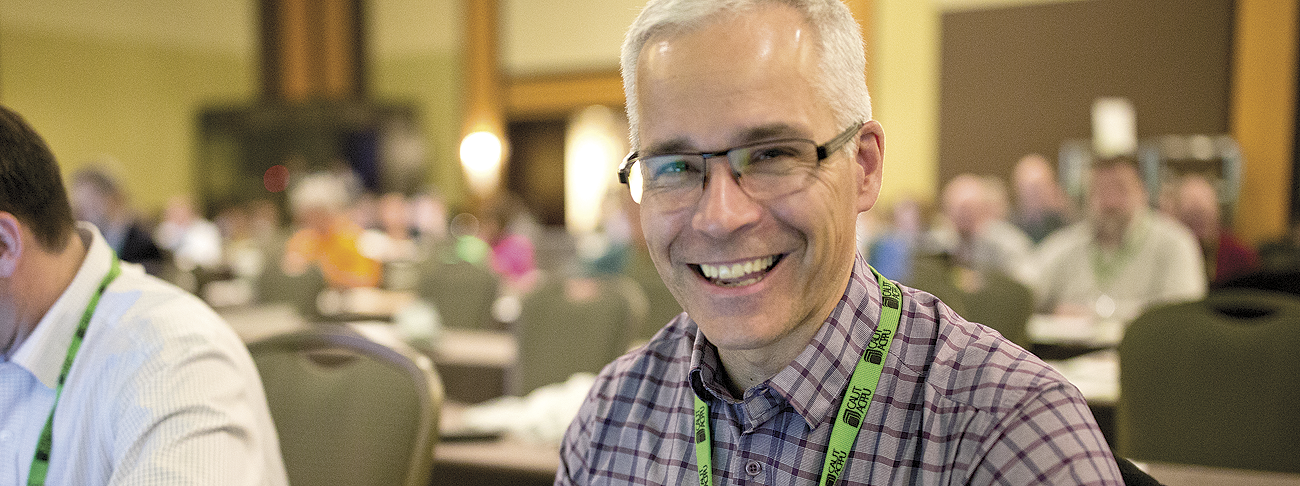
By James Compton
— I loved my time as a graduate student, and I strongly suspect I’m not alone. I was recently reminded of my academic days while sharing dinner with an old grad-school colleague in Montreal. We hadn’t seen each other for several years so there was a lot of catching up to do. Encounters such as this are for the most part unremarkable, but pleasant nonetheless; old friends sharing a meal and reminiscing about the good old days. But I mention it here because it reminds me of a more fundamental component of academic life that I fear is slipping away. Let me explain.
My colleague and I met as MA students attending our first graduate seminar. We were among six students enrolled in the mandatory theory course in the school of communication at Simon Fraser University. I was full of the usual anxieties common to students embarking on graduate-level studies for the first time, and — as is the case for many — I didn’t know exactly what was expected of me. As I know now, that ignorance was a positive thing.
Our professor distributed a syllabus on our first day with a list of readings that we divided among ourselves, so we could take turns leading the weekly discussions. It was a traditional seminar, scheduled for three hours each week. But what my colleague and I distinctly remember about the course is that the three-hour time slot was only a rough guideline. Sometimes it was four hours, sometimes five. On one occasion we wrapped up for the day after over eight hours of discussion and debate. It was joyful work. Why? Because we were lost in the non-instrumental pursuit of knowledge. We didn’t look at the clock. None of us had an agenda beyond exploring and challenging the issues and debates of our chosen discipline. We ended class when we ran out of things to say. For all I knew this was how all graduate seminars were conducted. This open structure was not imposed by our professor. It was something we fell into collectively of our own accord. Our professor was attentive and helpful, and sometimes he would stay longer, if he could, but mostly we carried on by ourselves. We were fortunate to be a young group of people who — at that time — were free from many of life’s obligations. We wanted to learn, and we had the opportunity to do so.
What a difference two decades makes. Today, I have many more obligations, much less free time, and one of the principal concerns facing me as CAUT president is how to defend, and help preserve, space for the non-instrumental pursuit of knowledge. It was at the heart of our successful Get Science Right campaign, with its insistence on increased funding for unfettered basic science. But the struggle is with us in many other ways.
In his book The New Treason of Intellectuals, Thomas Docherty warns us against the scourge of “clichéd” thinking and the instrumental application of management techniques in post-secondary education.
“As the managers of our institutions become increasingly focused on the ‘delivery’ of a ‘product’ that will yield consumer satisfaction,” he writes, “they also increasingly require that academic staff conform to the university’s brand.”
I see examples of clichéd sloganeering every time I walk on campus at Western University. As students, staff and faculty attempt to go about their scholarly lives we are confronted by gigantic images of businessmen in suits, B-list reality-TV celebrities, and other cheerleaders of ‘entrepreneurialism’ plastered on campus buildings. “Be extraordinary” they proclaim.
Docherty, I’m sure, would recognize this is a betrayal of intellectual commitment. The dominance of cliché, he argues is “an evisceration of the intellectual, and one that requires the betrayal of the calling.” The managed university now prefers “the individual who will subsume the requirements of thinking to the demands of monetization.”
I was lucky. When I began my graduate training, we had never heard of prescribed “learning outcomes.” The anti-intellectualism of audit culture, metrics and the dead hand of responsibility-centred management was unknown to us. It’s my hope that our collective energies will preserve and protect the pure pursuit of knowledge. If we don’t defend it, it may slip away.